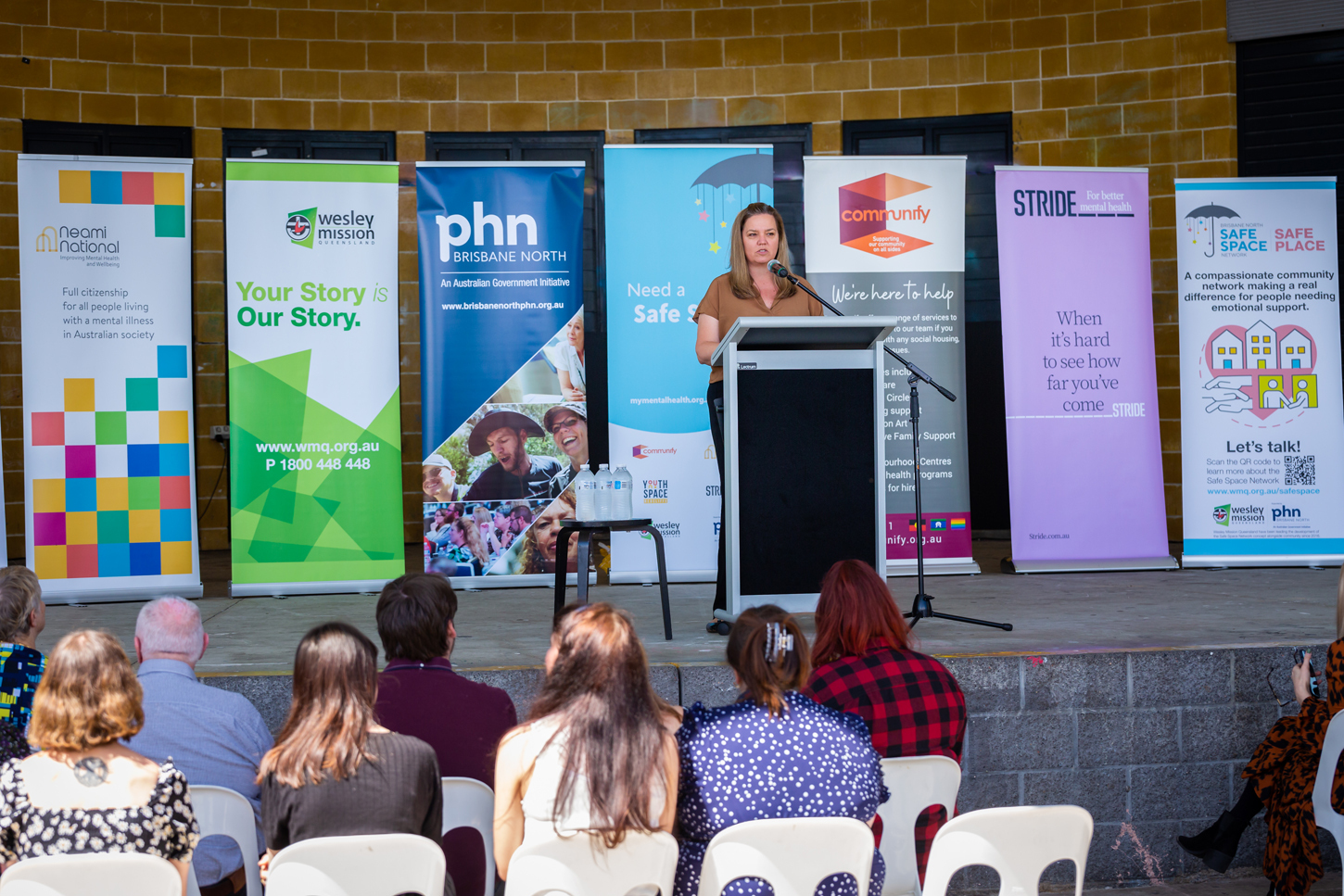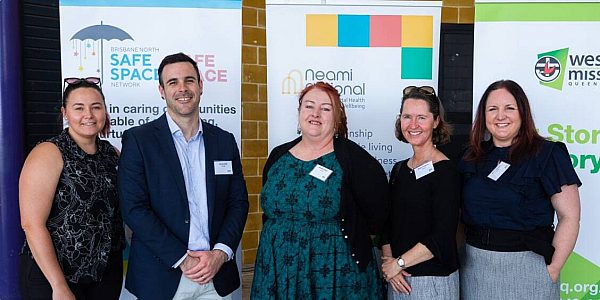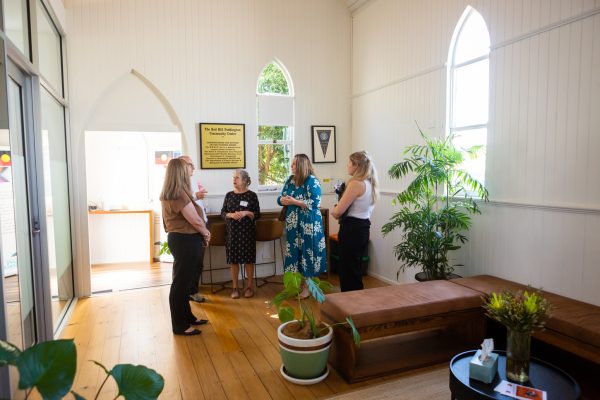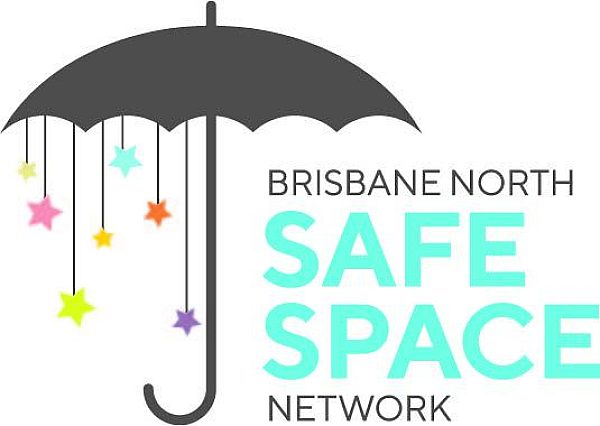Viewing distress through a different lens
The value of Safe Spaces in our communities.

The following story is written by a Safe Space Peer Lead.
Having peer led spaces in our
communities is about being human, it’s about being with others in a way that
supports them to feel seen and heard. It’s about creating space for connection,
mutual ways of learning and understanding together. It’s about doing things
differently.
Safe Spaces offers an
opportunity to be there to support people to find ways to navigate extremely
difficult moments in their life from a place that says I understand, I too have
been there, and I learned to thrive in my life.
My story spans across a
lifetime. I am a person with an intimate understanding of what it means to have
experienced both prolonged and enduring instances of emotional and suicidal
distress. I have been given several labels over my lifetime in reference to my
mental health, all of which never gave a broader context to a life lived or my
personal history – perhaps this is how distress responses became a regular and prolonged
occurrence in my life.
Trips to the emergency department and hospital were frequent, as were police and ambulance rides at times in my life. My family and friends were at a loss of how to help, and immersed in fear and their own distress, as they watched someone they loved spiral into a person they could no longer relate to.
I remember wishing someone
would see my pain and help me out of the endless black hole that seemed to draw
me further and further in. It was an intensely isolating and terrifying
experience for many years of my life, and on several occasions, nearly cost me
my precious life.

The responses from people there to help in the hospitals and emergency rooms were largely inadequate to address my needs in the moment. It was like we spoke a different language. I was not the boxes on the tick sheet they used to assess me - what was happening for me was so much more.
It was unresolved trauma and
compounding complex life circumstances, then triggered by things happening in
the present moment. The longer this cycle went on, the more my sense of hope
was diminished and the further I fell into the darkest place I have ever known.
I count myself lucky, as I had
a timely and chance encounter that led me to a community of people who were
supportive and helped me learn to work with and regulate my distress. People
who understood and had been through many things themselves. I experienced a
sense of safety and connection so I could see things differently. I suddenly
felt like I could try new things. It was a place where I started on a journey
towards self-healing. Without that I have no idea if I would be here today, and
I am infinitely grateful.
My journey towards healing does
not and will never have an end point, it is a commitment to myself every day. At
times I still experience distress and thoughts of ending my life, yet the way I
experience this is now quite different. I also have a network of people I can
rely on to support me in times of need and that alone makes such a huge
difference.
I am so proud to work among
such a passionate, dedicated and skilled network at Safe Spaces. We are already
seeing a tangible difference in the way people are moving through distress and
the value of this approach. It is new, innovative, and exciting.

We witnessed one person move from extreme shut down and regular self-harm, to long periods without self-harm. They have made considerable changes in the way they approach their distress which has increased their overall wellbeing - including returning to work, building significant relationships, confidently navigating unexpected life events, and regaining a sense of self.
People who use the spaces have
different needs and are given the choice to explore what these are. For some it’s
having someone to speak with who has been there, whist for others it might be
about finding ways to regulate or co-regulate with others or connecting with
our mental health practitioners when needed.
Our network extends to the
community and will include spaces in ordinary community settings that can
provide basic support and a sense of safety for people. This is about having a
whole of community approach to how we see and respond to distress in our communities.
Largely, we as a culture have made distress about individuals, yet it’s not just about the individual - it is a cultural and systemic issue. People need to know others care and they can safely connect with others in their most vulnerable moments. The way we approach this as a community determines if people can feel safe enough to do this without fear of judgement and shame. People’s lives literally depend on this.

Safe Spaces for me is a vital and key component to responding to the needs of all people in our community and to systemic reform.
Safe Space Peer Lead
